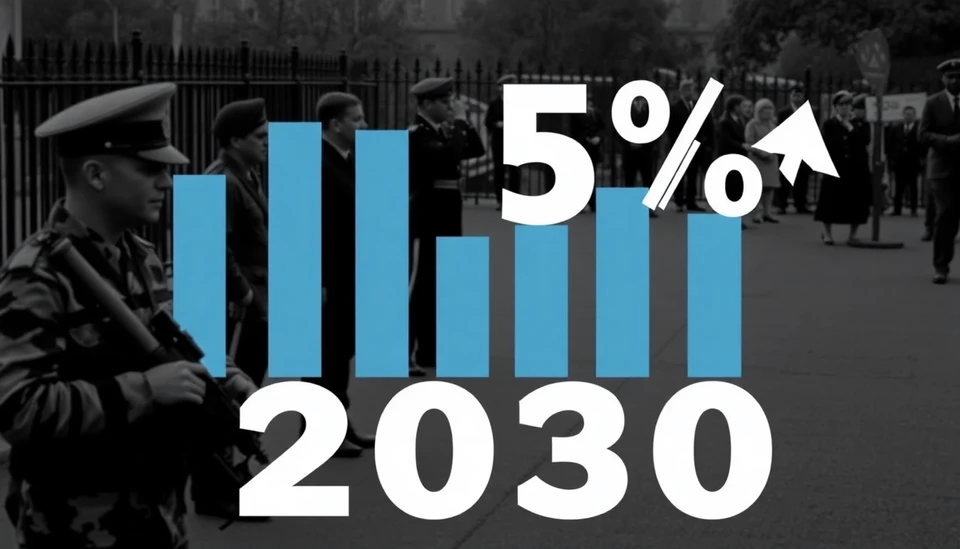
In a bold move reflecting growing concerns over national security and military readiness, UK military chiefs have proposed a significant increase in the defense budget. The ambitious target aims for defense spending to reach 2.5% of the country’s GDP no later than 2030. This initiative comes amidst a backdrop of geopolitical tensions and evolving threats that are perceived as jeopardizing the safety and security of the United Kingdom and its allies.
The call was made during a recent parliamentary session, where senior officials from the British Army, Royal Navy, and Royal Air Force corroborated the urgent need for enhanced funding. They underscored that current budgets are insufficient to adequately equip and prepare the armed forces for potential future conflicts. As the world grapples with an array of issues ranging from global terrorism to state-driven aggressions, military leaders argue that increased investment is crucial to maintaining operational effectiveness.
General Sir Patrick Sanders, Chief of the General Staff, articulated the dire circumstances facing the UK's military, stating that without the proposed increase, the UK risks losing its standing as a leading global military power. The military chiefs highlighted the importance of modernization programs and technological advancements that require substantial financial backing—pointing towards the imperative of matching or exceeding defense commitments set by NATO partners.
The proposed increase would elevate the UK's defense budget significantly, potentially translating into an additional £10 billion annually. This funding is expected to be channeled towards enhancing troops' safety, upgrading military equipment, and investing in cutting-edge technology to combat emerging threats such as cyber warfare and space-based security challenges.
Interestingly, this proposal comes in the wake of a broader consultation on UK defense strategy, which is being influenced by various factors, including the conflict in Ukraine and China's assertive military posture in the Indo-Pacific region. The government is under pressure to respond proactively in light of these developments, prompting military leaders to advocate for a comprehensive reevaluation of defense priorities.
The Ministry of Defence has previously promised to increase spending, yet the specific increases have often fallen short of meeting the 2.5% benchmark. Critics of the current defense budget allocations warn that failure to act could lead to diminished capabilities and readiness, thereby risking national security.
As discussions continue, it remains to be seen how the UK government will respond to this ambitious call for increased funding. The military chiefs are hopeful for a favorable outcome, emphasizing that the security of the UK and its international commitments depend significantly on a robust and well-resourced defense force.
In conclusion, the pursuit of expediting defense funding to 2.5% of GDP by 2030 marks a pivotal moment in UK defense strategy, reflecting a growing recognition of the need for solid military preparedness in an increasingly unstable global environment.
#UKDefence #MilitaryBudget #NationalSecurity #Geopolitics #NATO #DefenseSpending #MilitaryReadiness #UKArmedForces #Cybersecurity #Modernization
Author: Rachel Greene




